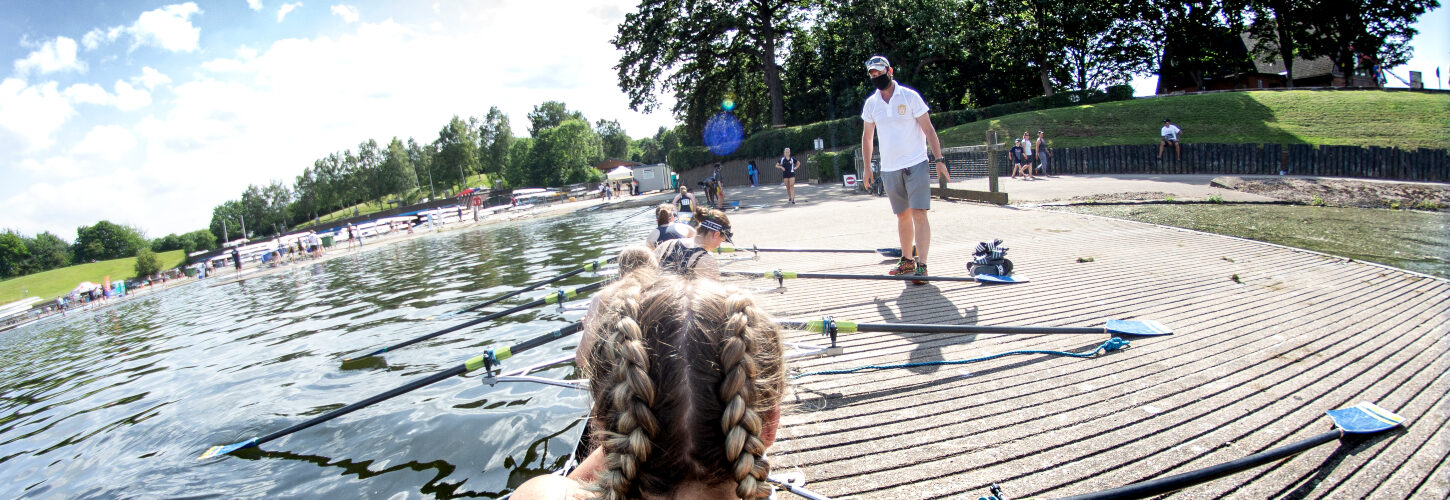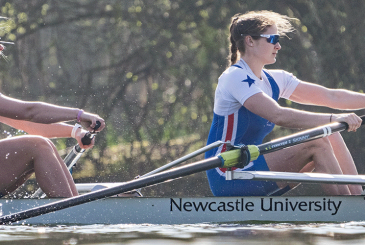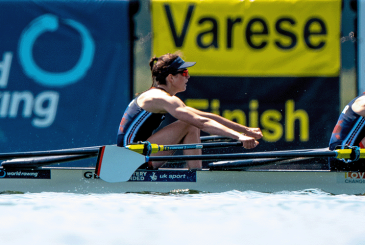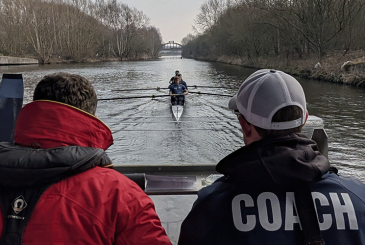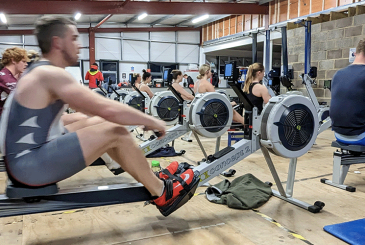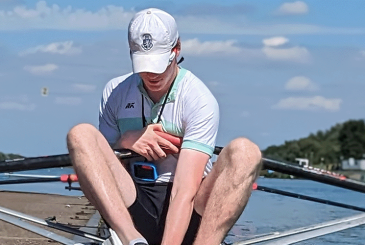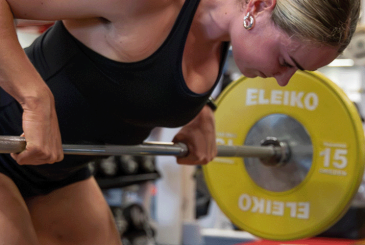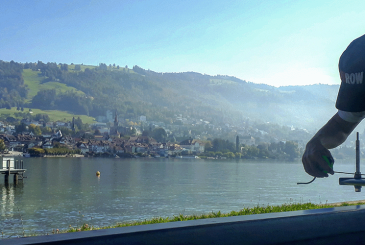Coaches are keen to ensure that their athletes stay healthy and happy, but how can they protect their own mental health? UK Sports Institute expert Sam Cumming and coaches Cathy Rooney and Steve Salter share their insights
With dark evenings, freezing early mornings on the river, and the buzz of summer regattas a fading memory, winter’s probably not the favourite time of year for many rowers. Add to this the ongoing uncertainly we’re facing with Covid and this winter could pose extra challenges for mental health. We find out how coaches can look after their own mental wellbeing over the coming months, and help their athletes stay positive too.
Learn from last winter
“What we have to our advantage is we’ve navigated a very difficult winter last year with lots of restrictions, so there’ll be things we can learn from how we coped with that,” says Sam Cumming, Head of Mental Health at the UK Sports Institute.
“It’s a good idea to think about what helped you get through it and what you could have avoided, and try to use that to put a plan in place. Hopefully, it will be easier this year but if not it’s a really good learning opportunity for building resilience.”
Develop a positive mindset
“As coaches and athletes, we’re very good at looking for the things we could do better,” says Sam, “but it’s important to focus on the positive too.
“You can’t be achieving every session. My mantra to the athletes is ‘let it go’”
“The ‘three good things’ exercise, which involves writing down three things that went well at the end of each day, can be very helpful.
“Also, take the time to really think about why you love your sport. It could be getting to the summer racing season, or just being at the club and spending time with friends. Whatever it is, try to focus on that.”
Don’t let a disappointing session drag you down, says Steve Salter, coach at Putney High School.
“It’s not the end of the world if it doesn’t go your way and they have a bad session. There’s always something positive to come out of it – if they’ve rowed hard, there’s going to be a physiological improvement from that, even if you weren’t able to do the pieces or the technical work you wanted to do.”
Cathy Rooney, who coaches juniors at Durham Amateur RC, agrees. “You can’t be achieving every session. My mantra to the athletes is ‘let it go’. Recognise you had a bad run, but just let it go.”
Go easy on yourself
Coaches are passionate about the sport and set themselves high standards, but it’s important not to over-stretch yourself, says Cathy, who works full time at a school as executive assistant to the head and lives an hour away from the club.
“When I’m coaching, I like to be vibrant and energetic. I want to go down there feeling I can really be a more positive version of myself so they get the best of me in that session, but there is only so much you can do on the second ergo of the week – and doing five sessions indoors during the winter is a challenge.
“I never want to go to a session where I’m not on it one hundred per cent, so I’ve stepped back a day and now just coach Saturday to Monday. I have had to be realistic about what I can do.”
“Just going for a walk, popping in some headphones and listening to music… makes a huge difference”
Be open about negative feelings
“In the coaching world, we’re great at putting the athlete first and focusing on their needs but not looking after ourselves,” says Sam.
“One of the best ways to support your athletes’ mental health is to model positive behaviours. Being really open and honest about when you’re not having the best day and showing your vulnerability might feel quite challenging but the respect you build is massive, and you’re really helping your athletes by creating an environment where they can talk about how they’re feeling.”
Cathy adds: “Occasionally, I go down and say to the girls, ‘You’re going to have to give me five minutes as I’m in such a grumpy mood’. They set up the weights up or do a warm-up and then I’m ok. I think it’s important to tell them as I would never want them to think they’d put me in a bad mood.”
Show empathy
“We’re all in the same storm but in different boats,” says Sam. “Although everyone is experiencing the same thing, we’re all experiencing it in different ways. Being curious about how your athletes are, asking how they’re doing and really meaning it, and really taking the time to hear what someone’s saying is very important.”
Steve adds: “This is something I’ve learnt through working with juniors especially. You have to read what the athletes are feeling when they turn up for the session. They might have had a test sprung on them at school and be in a bit of a funny mood, so you have to adjust to that in your own mind, so you’re not expecting something they might not be able to achieve.”
Factor in some me time
For Steve, the Covid lockdown was a reminder of how important it is to switch off and spend time doing things he enjoys.
“It forced a change that wouldn’t have happened otherwise as it gave me time for myself. I love cooking and especially cooking for other people, and it’s those little pleasures that you take for granted.
“Just going for a walk, popping in some headphones and listening to music that brings back good memories makes a huge difference. I’d forgotten how much I enjoyed doing that and hadn’t realised how little I was doing it before.”
Cathy finds some upbeat music helps too. “I have a nice ‘80s playlist, which I blast out when they’re doing strength and conditioning sessions. Obviously, the girls think it’s horrendous!”
Mental wellbeing resources
You’ll find a huge amount of mental wellbeing resources online. The Headspace app, which you can try for free, is a good starting point, says Sam. It uses meditation and mindfulness to boost your mood, reduce anxiety and help with sleep.
Steve adds: “My advice would be, don’t lose heart if the first thing you try doesn’t work. There are so many resources out there and you’ve got to find the thing that’s going to trigger the right kind of changes in you.”
Also, take a look at the Maintaining positive mental health and Top tips for navigating winter resources on the UK Sports Institute website.
Photo: Drew Smith


